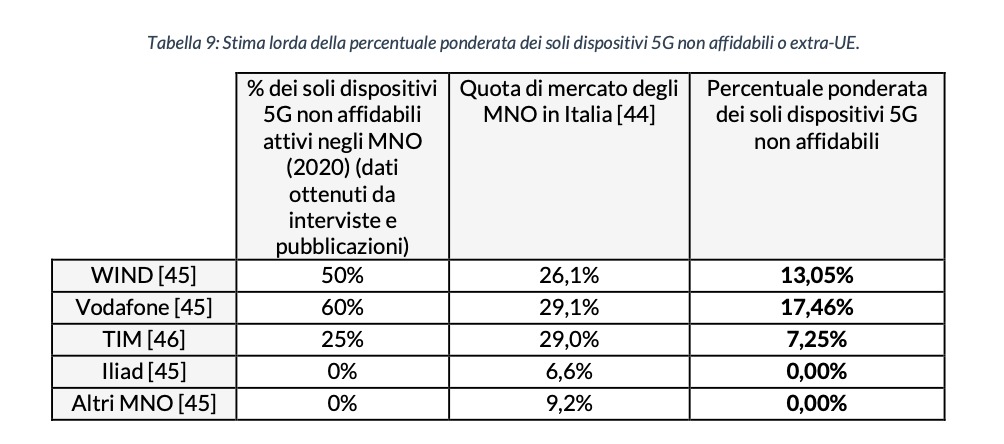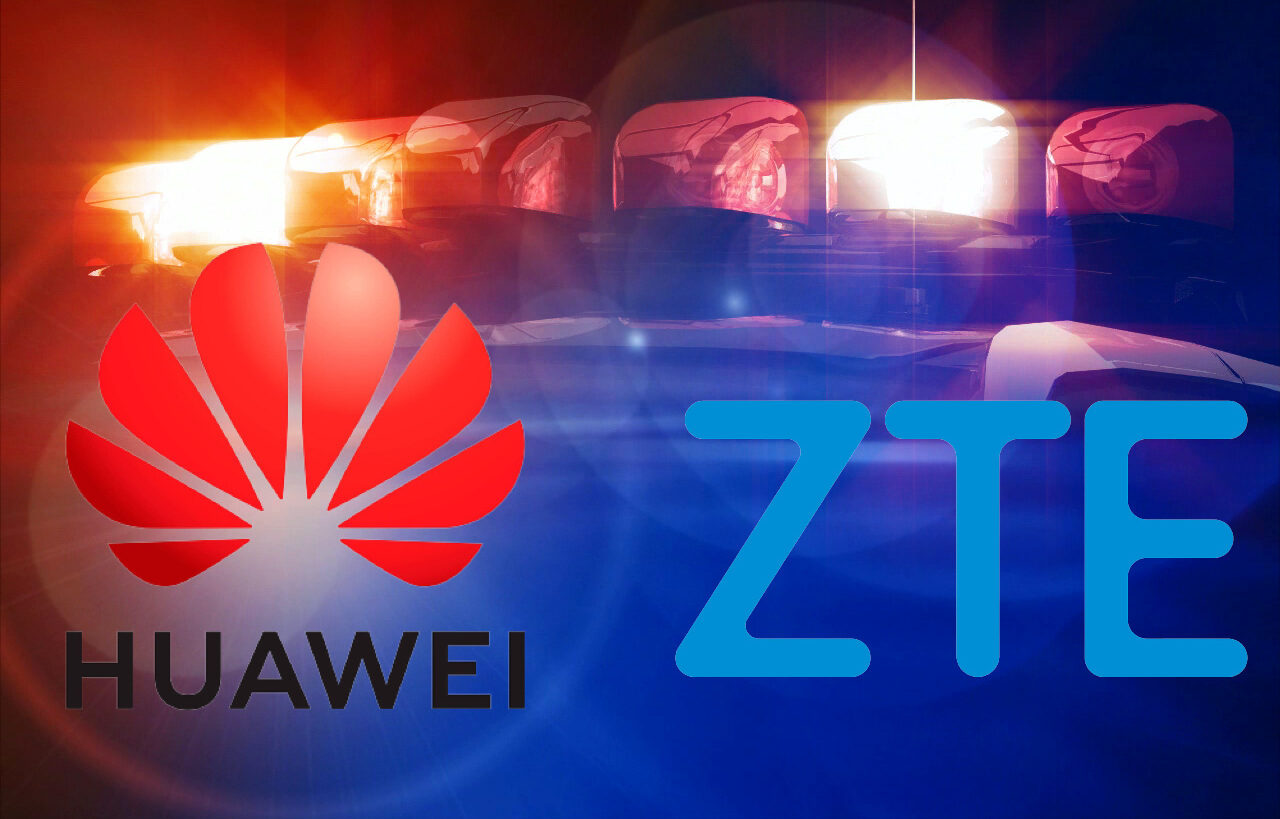The police are selecting their comms equipment provider (including 5G). But operators use Chinese technologies, such as Huawei and ZTE. A billion euros and national security are at stake. Here are all the details
Could the communications of Italian law enforcement be running on Chinese tech?
A call for tenders that appeared on the Italian State Police website is aimed at selecting the next IT and communications provider for several key police forces, including the State Police itself, the Carabinieri, the Financial Police and the Prison Service. Eleven big Italian cities are involved as well as their provinces. Two of them host two strategic international military bases, the US Naval Air Base in Sigonella (Catania) and NATO’s South Europe Command in Naples.
Whoever will win the tender will be responsible for securing the local comms of law enforcement, their equipment and their sensitive data. The chosen provider will install and manage the police’s 4G modules (as well as their next iteration, 5G), some of their hardware (phones, handheld devices, SIM cards and recording devices) and their software (mobile video surveillance and database access services).
That document, however, makes rather scant references to the security measures to be adopted so as to not cede control of the police’s comms to potentially unsafe subjects. The issue is poignant; as shown by a Cefriel research by Milan’s Politecnico university, over 50% of Italy’s 4G network comes from “unreliable” providers.

Most Italian telecom companies rely on Chinese infrastructures, built by the likes of Huawei and ZTE, the two companies which the US authorities believe to be vehicles for Chinese espionage. Italy’s parliamentary Intelligence committee (COPASIR) also recommended to steer clear of those two companies in a 2019 report.
Washington blacklisted these entities due to security concerns. Rome, however, has chosen not to ban them outright, preferring instead to set up a “digital cybersecurity perimeter”, which consists of a network of equipment surveillance centres. Still, that’s currently under construction – and its own tender race, which is still underway and also open to all players, is worth roughly €1 bn in value.

As things stand now, the government’s “golden power” – i.e. its ability to bar a given company from strategically significant endeavours – is the only way Rome can wheedle out potentially unsafe tech from its key systems. Trouble is, it may only be exerted after a deal has been reached; in the police’s case, once there’s a winning bidder. And even then it would fall on the provider to make sure their equipment respects safety standards.
Formiche.net reached out to the Ministry of Interior, which oversees the national police forces, to understand if the government intends to apply stronger security restrictions than those let out by the call for tenders that appeared on the State Police’s website. They were not immediately available for comment.
Nonetheless, if the recent past is anything to go by, Mario Draghi’s government is keenly aware of the security risk posed by Chinese-built tech. The strategic implications of having Italy’s law enforcement rely on potentially unsafe actors makes the matter all the more crucial.
This article has been translated by Otto Lanzavecchia from the original Italian and lightly edited for the sake of clarity and readability.








